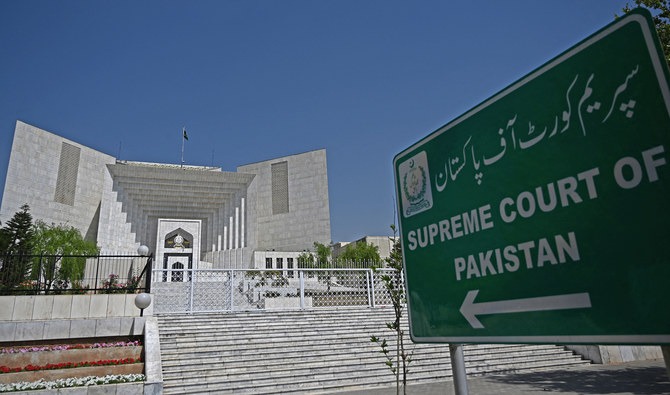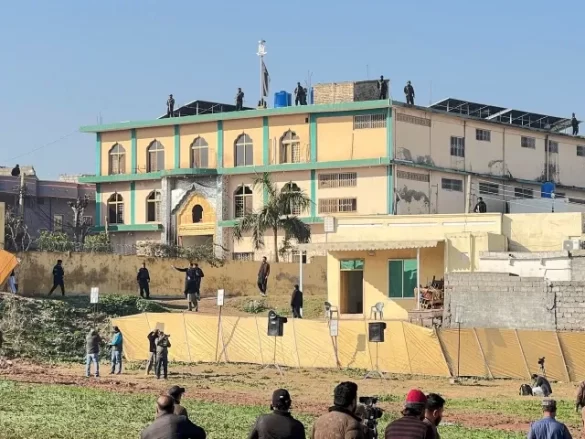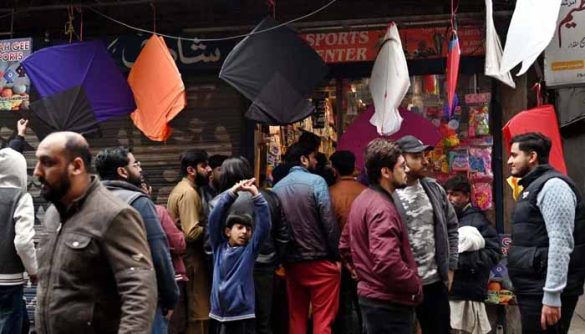Supreme Court Acquits Two Men in High-Profile Case
Islamabad – Pakistan’s Supreme Court has overturned the death sentence and life imprisonment handed down in the high-profile murder case of Sindh High Court judge Khalid Shahani’s son, Hunain Tariq.
In its ruling, the apex court acquitted the main accused, Sikandar Lashari, as well as co-accused Irfan alias Faheem, citing insufficient evidence and a flawed investigation. The decision effectively nullifies earlier verdicts delivered by both the trial court and the Sindh High Court.
The brief judgment, authored by Justice Athar Minallah, emphasized that convictions could not be upheld when the prosecution’s case rested on weak foundations. A detailed judgment is expected to be released at a later stage.
Background: A Murder That Shocked the Judiciary
The case dates back to 2014, when Hunain Tariq, the young son of Justice Khalid Shahani, was murdered in Sindh. The killing attracted widespread attention due to its link to the judiciary and led to swift proceedings against the accused.
In the initial trial, the court sentenced Sikandar Lashari to death and handed co-accused Irfan alias Faheem a 25-year prison term. Both men appealed their convictions, eventually bringing the case before the Supreme Court.
After nearly a decade of legal proceedings, Friday’s ruling has brought the long-running case to a close, though it is likely to spark debate over the quality of Pakistan’s criminal investigations and the reliability of evidence presented in courts.
Court Criticizes Prosecution and Investigation
Justice Athar Minallah, delivering the short order, stressed that the justice system cannot sustain convictions based on “weak prosecution and faulty investigation.” This observation reflects a broader concern in Pakistan’s judiciary about the high rate of overturned convictions, often due to poor police work and mishandling of evidence.
Legal analysts note that the judgment highlights systemic problems. In many criminal cases across Pakistan, especially those involving high-profile individuals, courts have raised concerns about coerced confessions, unreliable witnesses, and incomplete forensic analysis.
Legal Community Reacts
The acquittal is expected to generate considerable debate among lawyers, rights groups, and the public. Supporters of the decision argue that it upholds the principle that no one should be punished without credible evidence. They point out that wrongful convictions erode public trust in the justice system and violate fundamental rights.
However, critics stress that the outcome reflects deeper flaws in Pakistan’s investigative and prosecutorial structures. For them, the fact that a case involving the son of a high court judge could suffer from “weak evidence” raises troubling questions about how ordinary cases are handled, where victims often lack influence or visibility.
Broader Context: Pakistan’s Struggle with Criminal Justice
This ruling comes at a time when Pakistan’s criminal justice system is under increasing scrutiny. Human rights organizations have long criticized the country for its reliance on outdated investigative practices, limited use of modern forensics, and poor witness protection mechanisms. These shortcomings have surfaced in multiple high-profile cases, including a chilling honor killing in Balochistan where a tribal chief was among those arrested.
According to data from the Justice Project Pakistan, hundreds of death sentences are handed down each year, but a significant number are later overturned on appeal. The Supreme Court has repeatedly urged reforms in policing and prosecution, warning that miscarriages of justice undermine both rule of law and public confidence.
What Comes Next?
While the acquittal brings an end to one of the judiciary’s most closely watched cases in recent years, it leaves behind serious questions. If the investigation was weak from the start, why were the accused sentenced so harshly by the lower courts? And what safeguards can prevent such miscarriages of justice in the future?
Legal experts expect the forthcoming detailed judgment to elaborate on these points and provide guidance for trial courts. Whether this will lead to lasting reform in Pakistan’s justice system, however, remains uncertain.
Conclusion
The Supreme Court’s decision to overturn the death and life sentences in the Hunain Tariq murder case underscores the judiciary’s insistence that justice must rest on solid evidence, not weak prosecution.
For the families involved, the verdict closes a painful chapter. For Pakistan’s legal system, however, it renews calls for comprehensive reform to ensure that justice is not only delivered but also seen to be fair and reliable.















